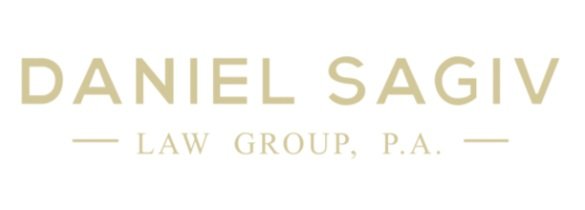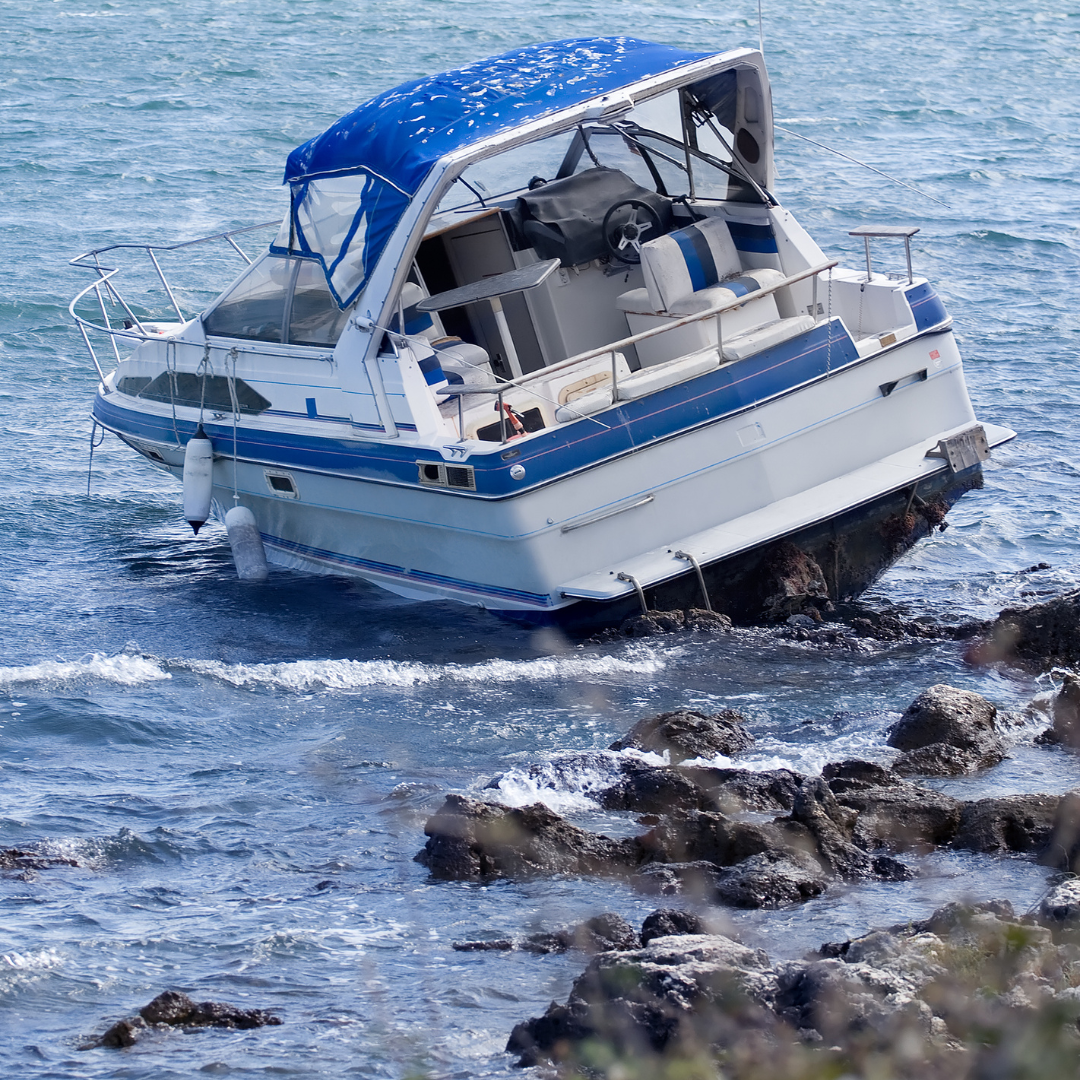Exploring the Landscape of Boating Accident Settlements in Florida
Embarking on Florida's pristine waters is a pursuit filled with the promise of adventure and serenity. Florida’s expansive coastline and myriad waterways, invites countless enthusiasts to indulge in the joys of boating. However, amidst the gentle lull of the waves, unforeseen challenges can arise, leaving individuals grappling with the aftermath of a boating accident. Understanding the complexities of boating accident settlements becomes paramount for those seeking compensation for bodily injuries or property damages.
As we set our compass on this exploration, we will look at some of the recent statistics, offering insights into average boating accident settlements in Florida. From the factors influencing these settlements to the potential compensation amounts, our goal is to provide a comprehensive understanding of what individuals may expect in the aftermath of a boating incident.
What Causes Boating Accidents
Boating accidents can happen from dozens of factors that have many consequences, which could include substantial financial costs, property damages and damages to passengers and crew. The Coast Guard reported there were 636 boating fatalities nationwide in 2022, a 3.3 percent decrease from the 658 deaths in 2021. Alcohol continued to be the leading known contributing factor in fatal boating accidents in 2022, accounting for 88 deaths, or 16 percent of total fatalities. Typically, the cause for a boat crash has been known and the most prevalent among those who drown during boating. Whenever you experience boating collisions, you must determine whether or not someone in the boat has required medical help and you can be sure that you are safe. When someone falls overboard you and other aboard passengers must work quickly to help return it to safety.
Understanding the aftermath of a boating accident necessitates a comprehensive grasp of the intricate dynamics inherent in boating accident settlements. Particularly for individuals pursuing compensation for bodily injuries or damages resulting from such incidents, navigating these settlements demands a nuanced approach.
The intricacies of these settlements are multifaceted, influenced by a myriad of factors that collectively contribute to the complexity of the claims process. Central to this journey are attorneys specializing in maritime law. An experienced maritime attorney’s goal is to guide individuals through the complex waters of boating accident claims, ensuring that rights are protected, liabilities are assessed, and fair settlements are pursued.
Liability Determination
One of the primary challenges in boating accident settlements is determining liability. Establishing who is at fault and to what extent can be complex, as it involves assessing the actions of all parties involved. Factors such as reckless operation, violation of navigation rules, or equipment failure may contribute to liability considerations.
Type and Severity of Injuries
The type and severity of physical injuries sustained in a boating accident significantly impact the settlement amount. Serious bodily injuries requiring extensive medical treatment, rehabilitation, or resulting in long-term disability, typically led to higher compensation claims. Understanding the full extent of physical and emotional injuries is crucial for a fair settlement.
Property Damage
In addition to physical injuries, property damage is a key element in boating accident settlements. This may include damage to the boats involved, as well as any personal property on board. Assessing the cost of repairs or replacement, photos showing the severity of the impact, along with any associated economic losses, are important factors in the settlement calculation.
Insurance Coverage
The availability and adequacy of insurance coverage play a pivotal role in the settlement process. Boating accident settlements are often influenced by the insurance policies held by the parties involved. The limits of these policies can impact the total amount available for compensation. While not a legal requirement, having boating insurance is useful when repairing damage to boats. While coverage may vary, here are some things that boating insurance might cover:
Damage caused by a collision that is your fault or the fault of an uninsured boater.
Bodily harm or property damage that you cause to another boater or watercraft.
Damaged or stolen equipment kept on your boat.
Towing of a disabled watercraft.
Damage that occurs in the water, in storage, or in transit.
Negotiation Dynamics
Settlement negotiations involve discussions between the parties and their respective legal representatives. Skilled negotiation is essential to securing a fair and just settlement. This may involve presenting evidence, demonstrating liability against the relevant parties, and advocating for the full extent of the damages suffered.
Legal Representation
Engaging the services of a skilled boat accident lawyer is crucial. These legal professionals specialize in maritime law and are adept at navigating the complexities of boating accident settlements. They can assist in gathering evidence, negotiating with insurance companies, and ensuring that the injured party's rights are protected throughout the process.
The Role of Boating Accident Lawyers
Expertise in Maritime Law
Attorneys possess in-depth knowledge and expertise in maritime law, which is a specialized area of law governing activities on navigable waters and involves a complex set of rules and regulations that may differ from those governing accidents on land. Maritime law often involves admiralty jurisdiction, which extends to navigable waters and maritime activities. The attorneys are well-versed in areas covering international conventions, federal statutes, and state regulations that may come into play in boating accident cases. They also understand the scope of admiralty jurisdiction and its implications for boating accident claims, ensuring that the appropriate legal framework is applied.
Assessment of Liability and Damage
These lawyers are skilled in assessing liability and damages in boating accidents. They can investigate the circumstances leading to the accident, determine who is at fault, and evaluate the extent of injuries and property damage. This assessment is crucial for building a strong case during negotiations, or during the litigation process.
Negotiating with Insurance Companies
Maritime lawyers can effectively negotiate with insurance companies on behalf of their clients. They understand the intricacies of maritime insurance policies and can navigate the negotiation process to ensure that clients receive fair and just compensation for their physical injuries and property losses.
Representation in Legal Proceedings
In cases where a settlement cannot be reached through negotiation, maritime lawyers provide representation in legal proceedings. They file lawsuits on behalf of their clients, present evidence in court, and advocate for their clients' rights throughout the litigation process.
Protection of Legal Rights
One of the primary roles of maritime lawyers is to protect the legal rights of individuals involved in boating accidents. This includes ensuring that clients are aware of their rights, advising them on the best course of action specific to the circumstances of the particular case, and advocating for their interests to achieve a favorable outcome.
Compliance with Applicable Laws
Maritime lawyers ensure that all legal proceedings and actions comply with applicable maritime laws. They guide their clients on adhering to legal protocols, filing claims within prescribed timelines, and complying with any regulatory requirements specific to maritime accidents.
Tips for Boat Owners
Stay Informed about Regulations
Familiarize yourself with Florida's boating regulations as stipulated by the Florida Fish and Wildlife Conservation Commission. The regulations are updated yearly in May. Knowing the rules of the water helps prevent accidents and ensures a safer experience for everyone.
Invest in Safety Equipment
Equip your boat with all necessary safety gear, including life jackets, fire extinguishers, and navigation lights. Being prepared can make a significant difference in emergencies.
Adhere to Speed Limits
Obey speed limits and no-wake zones. Excessive speed contributes to a significant number of boating accidents, and slowing down can prevent collisions.
Avoid Operating Under the Influence
Boating under the influence is not only illegal, but also highly dangerous. Stay sober while operating a boat to ensure the safety of everyone on board.
Take a Boating Safety Course
Consider taking a boating safety course. Being educated about safe boating practices enhances your skills and reduces the risk of accidents.
As we sail through the intricacies of boating accident settlements in Florida, it is evident that safety on the water is paramount. Boat owners, whether seasoned sailors or novices, can contribute to safer waters by adhering to regulations, investing in safety measures, and staying informed about responsible boating practices.
In the event of a boating accident, understanding your rights and seeking the assistance of a skilled boat accident attorney becomes crucial. Together, we can navigate these waters with awareness, ensuring that Florida's scenic waterways remain a haven for all who seek to enjoy their beauty responsibly.
If you or a family member sustained injuries in a boat accident, you might have grounds for a claim. Reach out to theDaniel Sagiv Law Group by calling or texting at 561-569-1387 for assistance with your potential boating injury claim.





